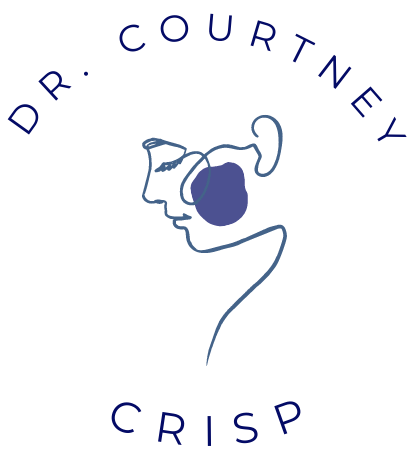Marin Voice: Pursuing balanced relationships with food, our bodies, our health
There are many things I like about living in Marin. The natural beauty is second to none. Looking out over my balcony, I have wonderful views of Mount Tamalpais. I often watch deer and turkeys running around in the wooded area behind my apartment.
But in my line of work as a clinical psychologist specializing in eating disorders, I have noticed a concerning trend about this place we call home. In Marin County, there is a huge emphasis on health, exercise and caring about the food that goes in our bodies. People around here generally seek to eat healthy and to live active lifestyles. All of these are not necessarily bad things to pursue.
The problem comes when those goals and lifestyles get rigid: When certain diets become too restrictive; when “lifestyle changes” prevent you from living your life and having a balanced, flexible relationship with food. It happens when the pursuit of wellness looks a certain way rather than focusing on how we internally feel in our bodies.
I call it “being healthy, as long as healthy looks thin.” People go to dangerous lengths to try to conform their bodies to an ideal that may not be best for them. If health has a look, and one’s body naturally does not fit that look, sometimes people will go to extreme ends. These are the places where the problems can often creep in.
Dr Courtney Crisp Of Private Practice: 5 Things I Learned While Supporting A Loved One After their Schizophrenia Diagnosis
What are 5 things you wish more people knew about people navigating life with schizophrenia?
1 . People with schizophrenia are people too, just like me and just like you. They have the same desires and hopes for their life, the same fears and anxieties. Their brains just work a little differently.
How I'm Trying Not To Pass On My F*cked Up Beauty Standards To My Kid
I spoke with Dr. Courtney Crisp, a licensed clinical psychologist specializing in self-esteem and treating eating disorders. She shared advice on how parents can best speak with daughters — especially preteens and teenagers — about unrealistic beauty standards.
'Binge Eating Can Affect People In Any Body'
Dr. Courtney Crisp, a licensed clinical psychologist who specializes in treating eating disorders, told Newsweek that despite being very common, binge eating is often misunderstood.
"Binge eating can affect people in any kind of body, and there are several key factors that separate binge eating from overeating or emotional eating," Crisp, who did not treat McKenzie-Wills, said. "In order for it to be a binge, it needs to be an objectively large amount of food, it must feel out of control, and one must feel guilty or distressed afterward.
"People's relationships with their bodies, food, and emotions are complicated and take time. Recovery often involves learning how to nourish oneself both physically and emotionally."
Woman Who Shed 156lbs Praised for Showing 'Reality' of Extreme Weight Loss
Dr. Courtney Crisp, an eating disorder specialist and licensed clinical psychologist, who works with patients struggling with body image, encourages people to focus on what they can do, rather than what they can't change.
Crisp told Newsweek: "It is hard to feel good about yourself when you are constantly assessing and picking yourself apart. My patients and I work together to brainstorm what their body does for them in terms of function. Another thing I often work with my patients on is unpacking what I call internalized fatphobia, or weight stigma.
"Patients often find empowerment in recognizing that the thin, often white image, that society deems desirable is not necessarily something that they want to believe in. From there, they are able to build a more empowering vision of what a healthy body image can look like for them."
New AAP guidelines state childhood obesity requires ‘early, intensive’ treatment
“Research shows that a history of dieting, body dissatisfaction and weight stigma are risk factors for eating disorders, particularly the earlier in life all of these things start,” Courtney Crisp, PsyD, an eating disorders therapist and researcher, shares with Motherly.
7 ways to help your kids form a healthy relationship with food
When my now 10-month-old son started solids, I initially felt overwhelmed by all of the information when it came to feeding him. There was baby-led weaning and purees and, of course, with all things involving parenting, many strong opinions. Often contradictory and confusing, I felt extremely frustrated. As I waded my way through the internet, my pediatrician’s advice and my own intuition, what I kept coming back to were the guiding lights I use every day in my work as an eating disorders therapist.
I knew from my work with my patients that I wanted to challenge diet culture and be a cycle-breaker in terms of my own previous roller-coaster relationship with food. I also knew that in order to do so, there were certain evidence-based interventions I could use to help my son have a balanced relationship with food.
To the mom raising a child with a rare disease—I see you
At 3 months old, my son was diagnosed with a rare disease called MCADD, which stands for medium chain acyl-COA dehydrogenase deficiency. It’s a fatty acid beta-oxidation disorder, which means that his body has trouble breaking down certain kinds of fats to use them for energy.














